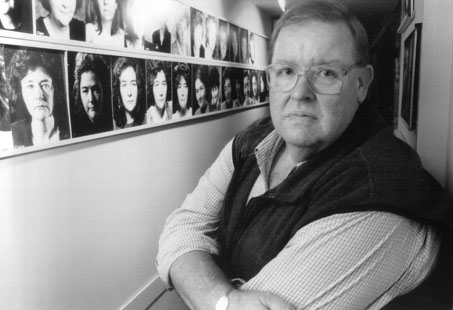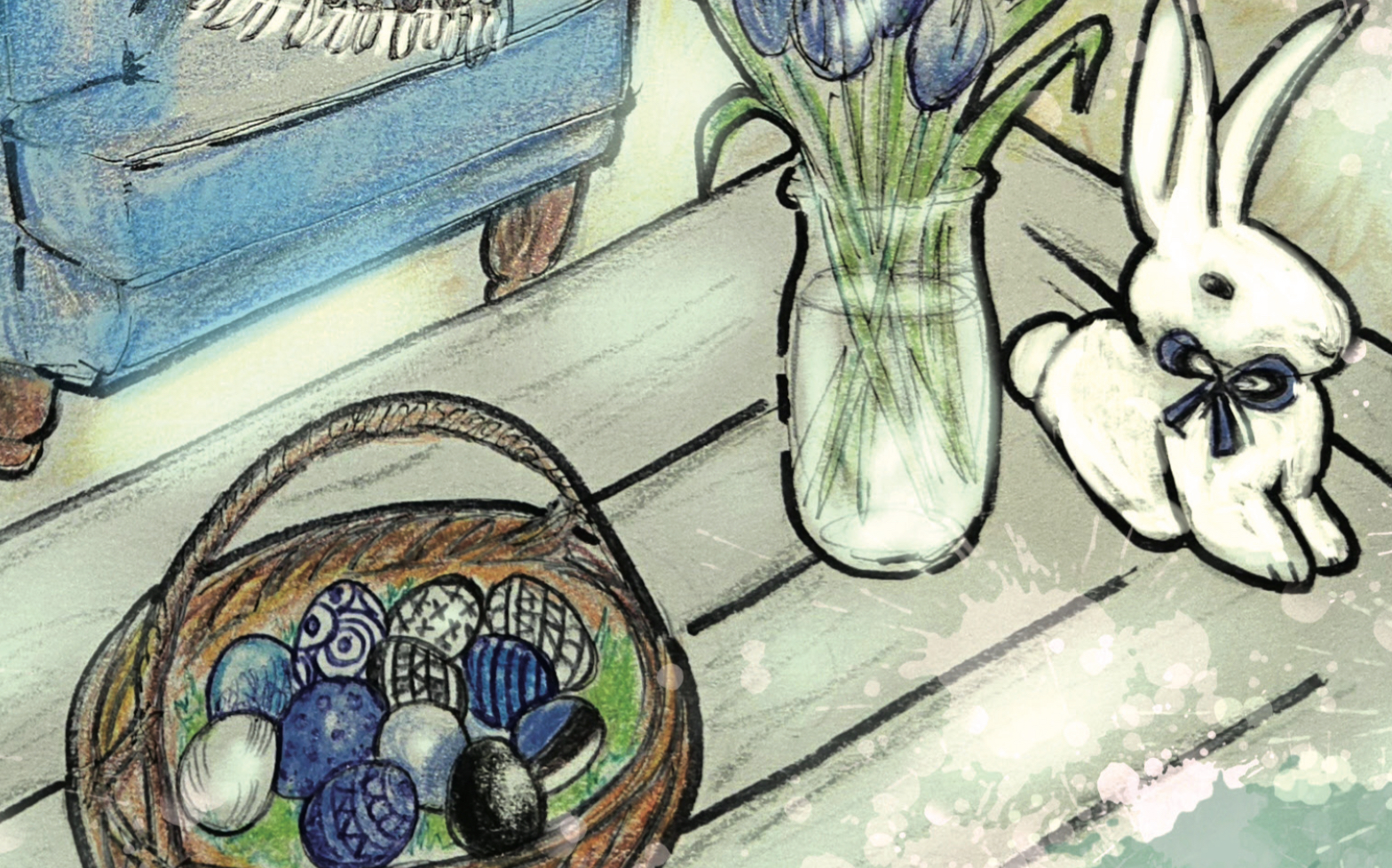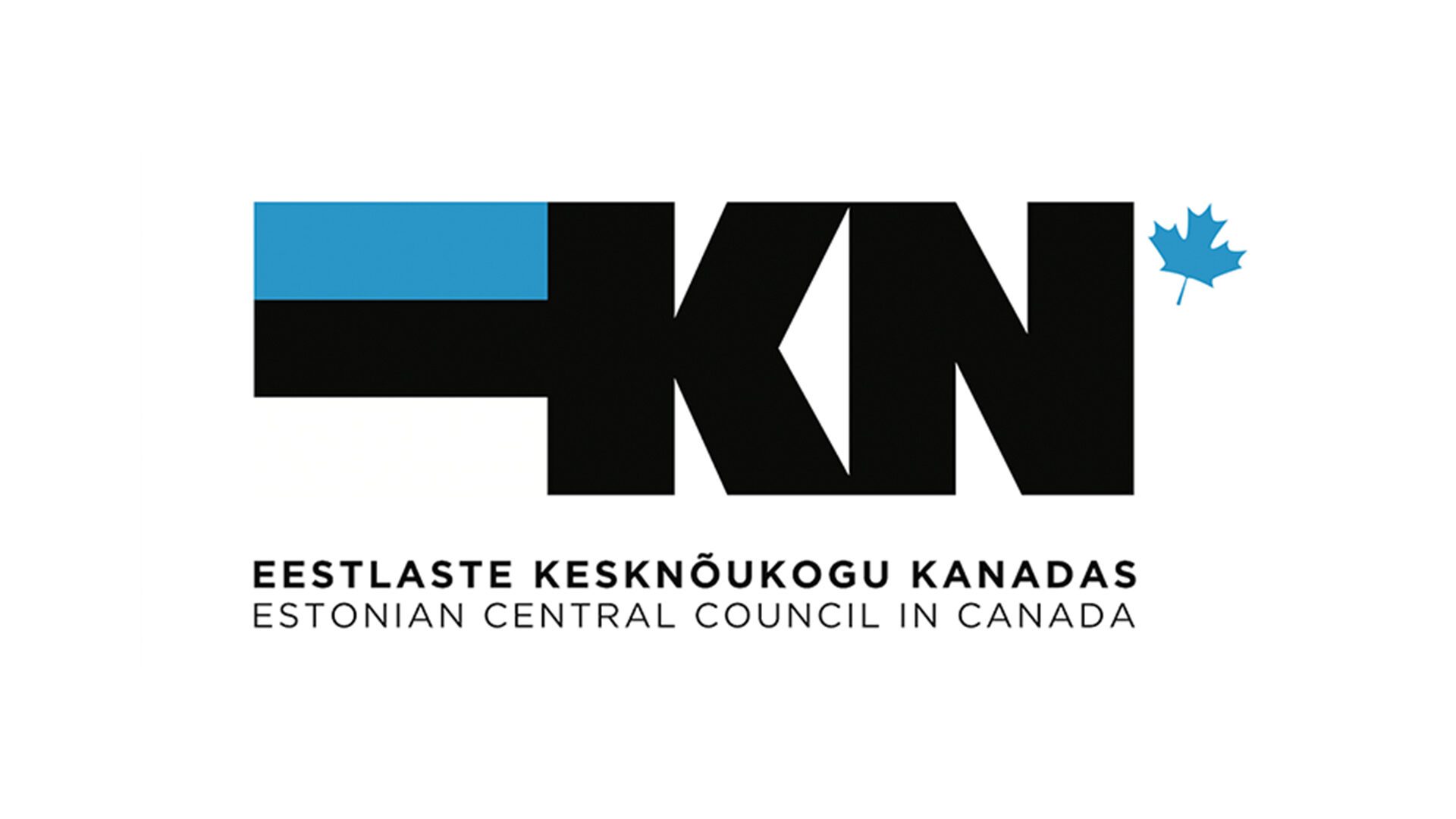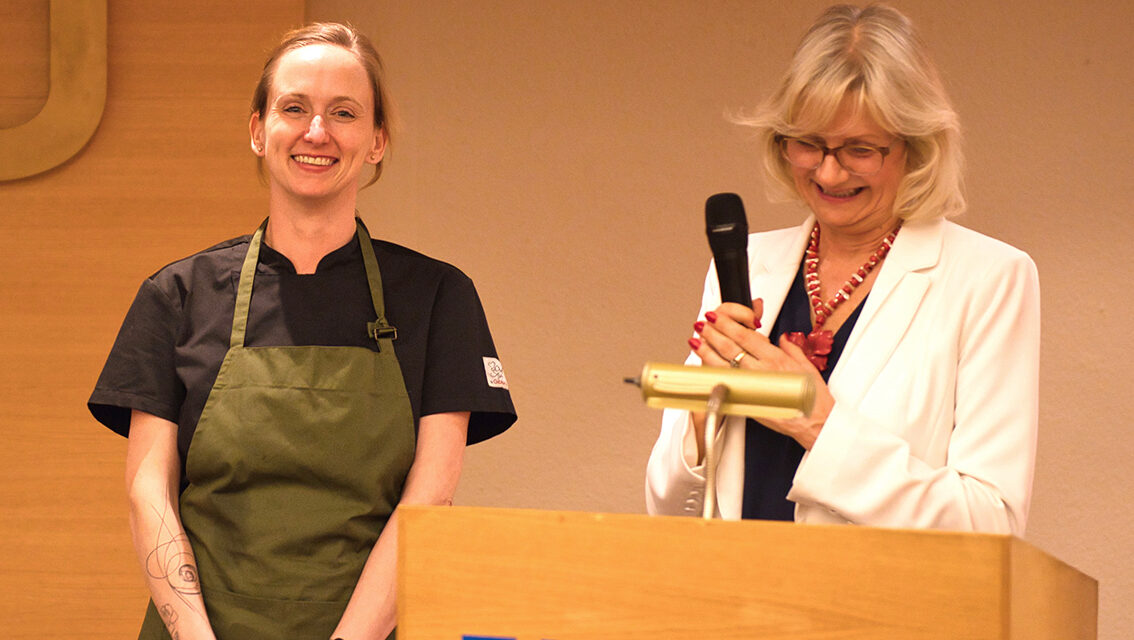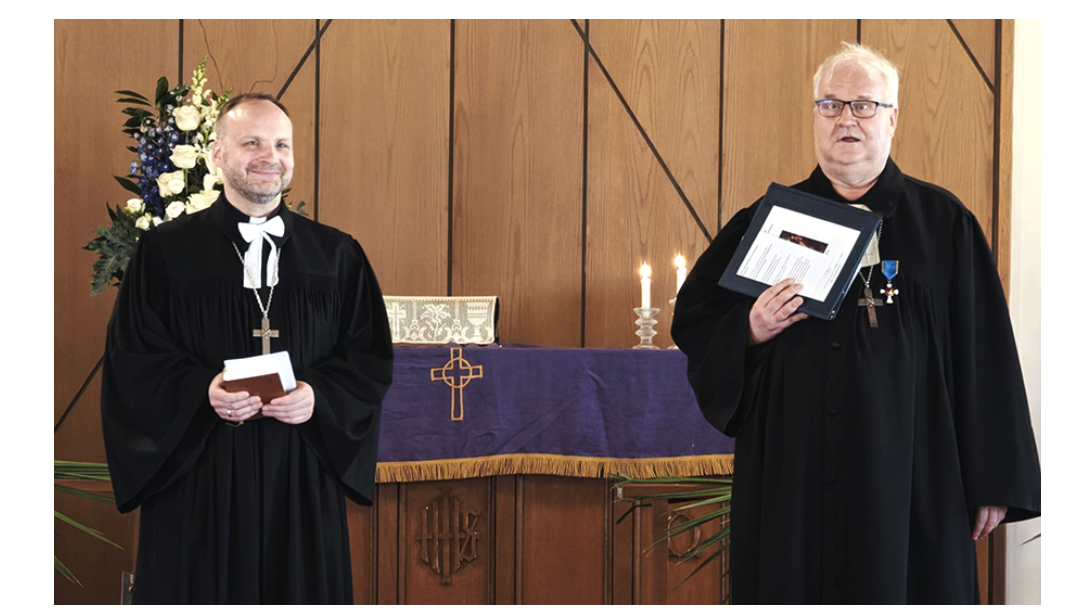After earning an MA in English at the University of Toronto, Urjo Kareda began doctoral studies at King's College Cambridge, where he started, but left incomplete, a dissertation on Tragicomedy from Chekov to Albee. In London, he began filing arts stories for both The Globe and Mail and, under a pen name, for The Toronto Star.
In 1970, returning to Toronto with his wife, Shelagh Hewitt, Kareda became the Star's film critic. A year later, he took over the drama desk, quickly gaining renown for his well-informed, well-honed reviews, and his championing of original Canadian theatre helped to create a lively and viable community. As well, he started teaching English literature at UofT and began broadcasting a wide range of arts programs for CBC Radio, including a weekly wrap-up, Urjo's Diary.
Hired by artistic director Robin Phillips as literary manager of the Stratford Festival, in 1975 Kareda turned from critiquing to commissioning plays. But the Stratford saga ended abruptly in 1980 when, following Phillips's resignation, Kareda and three associates (dubbed the Gang of Four) were hired, then summarily fired, as the Festival's co-heads — an event that led to a nationwide uproar. And though Kareda kept his footing in his career, a near-fatal car accident in 1976 led to lifelong problems for his health.
In 1982, after taking on the artistic director's job, he turned Toronto's Tarragon Theatre into an incubator for new play development. Over the next two decades, along with an array of workshops and residencies, Kareda devised inventive programming. Each season started with an Off Broadway hit, followed by six new Canadian plays, a formula that mellowed when the theatre began to revive its own hit shows: I, Claudia, for example, and 2 Pianos, 4 Hands. Among Kareda's many talents was an amazing ability to read and respond to some 500 unsolicited scripts a year. Small wonder that the Tarragon, with its Playwrights Theatre label, became a major influence in Canada.
At the end of 2001, Urjo Kareda's sudden death from cancer prompted nationwide eulogies from all the cultural areas that he enriched, including film, theatre, broadcasting, journalism, opera and education. His honours include the Order of Canada (1995); the City of Toronto Award for the Performing Arts (1999); and the Chalmers National Award for Artistic Direction (2000). Recently, as part of the City of Toronto's new Laneway Naming Project, Urjo Kareda's name has been proposed to mark a lane beside the Tarragon Theatre.
Merike Weiler
“Perhaps he possessed a ‘theatre gene.' That art certainly seemed to come naturally to Urjo Kareda and he rightfully gained wide recognition for his abilities.”
Laas Leivat
